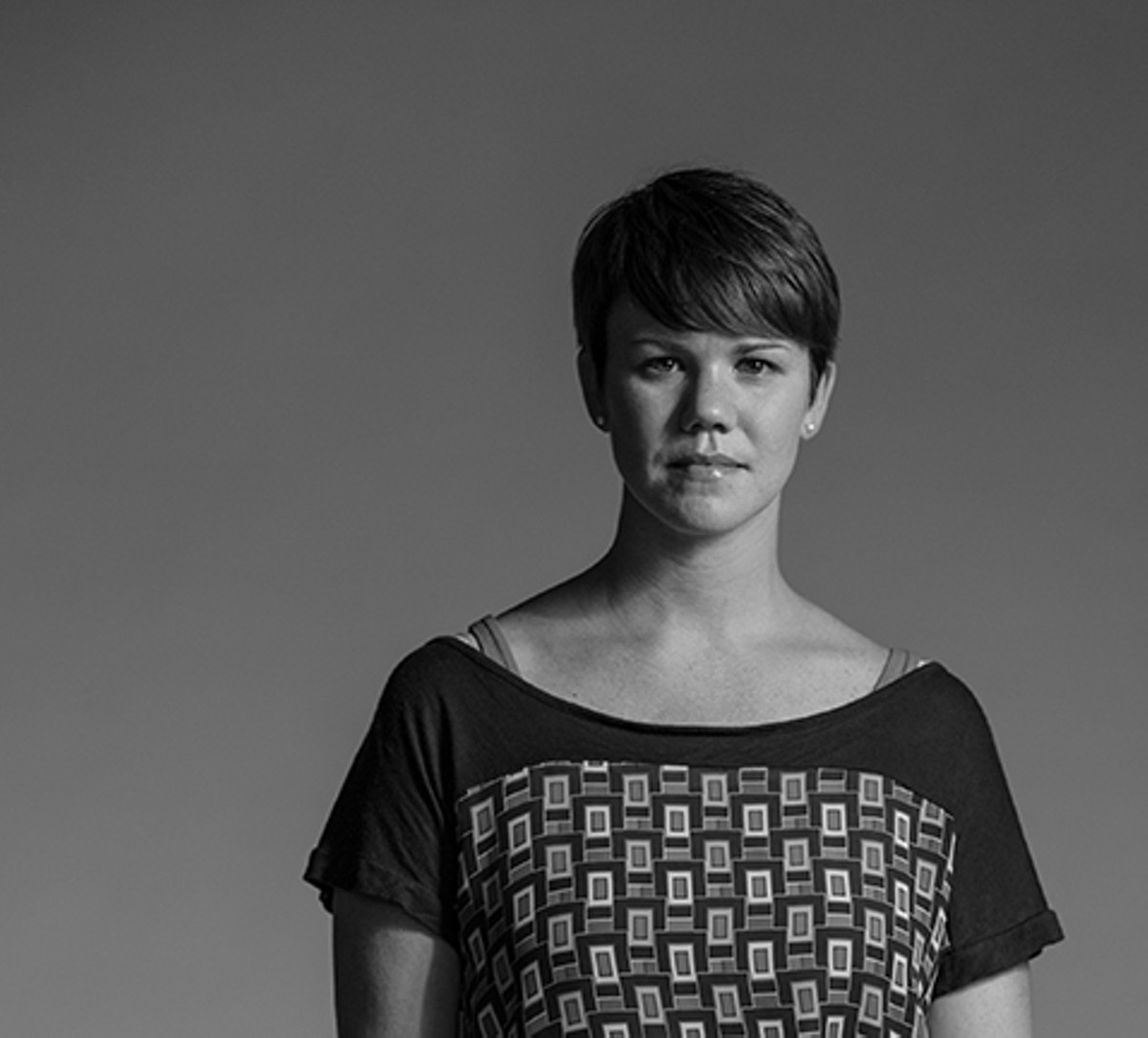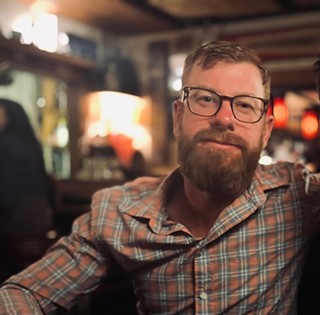As Rachel Dissell and her Plain Dealer coworkers began asking questions about how sexual assault cases are handled in Cuyahoga County in the wake of the Anthony Sowell case, they discovered troubling answers.
"We asked police, 'Have these rape kits or this evidence been tested? How many of them? How are they stored?'" Dissell says. "Their answer was, 'We don't know.'"
She and reporter Leila Atassi, who worked all along the way on the investigation, followed up with a flurry of questions: How are you going to do this? How are you going to count all the evidence? How's the process for testing at least 4,000 pieces of evidence going to go?
In 2009, Cleveland began counting its untested rape kits and sending them to a lab for testing at the prodding of Dissell and the Plain Dealer's reporting.
"I think I was overwhelmed by the fact that, yes, there is a complexity to this and, yes, there wasn't DNA testing back then when a lot of these kits were completed, but when DNA testing did become available, no one thought, 'Hey, this is important, we should test them.' We know now that testing these kits can identify serial offenders who will rape a lot, but back then the thinking was we would only test the kits if the case was going to trial. It was not an investigative tool. It was just an evidentiary tool."
Dissell and Atassi recently produced a weeklong series on re-investigating rape cases in Cleveland based on that backlog of evidence. The work done by authorities in that area has produced dozens of indictments and leads in open cases as rapists are caught and brought to justice.
"We get to this point, impacting and affecting victims, we see all that," says Dissell. "What they still feel, though, is that they didn't matter enough, what happened to them didn't matter to the police. Rape happens everywhere, but this feeling that women have that they don't matter is real, and they don't want to be told that there aren't enough resources or some bureaucratic excuse. It's not just the story of one person. These are powerful stories and there are a ton of them about how this huge system somehow missed the boat on this thing that mattered. I'm a Clevelander and I can tell you a million positive things about the city, but it's your job as a good citizen to fix it and make it better. And sometimes change is going to hurt, and sometimes you have to go and dig very deep to get it all out before you can start fresh and fix the things that need to be fixed."











